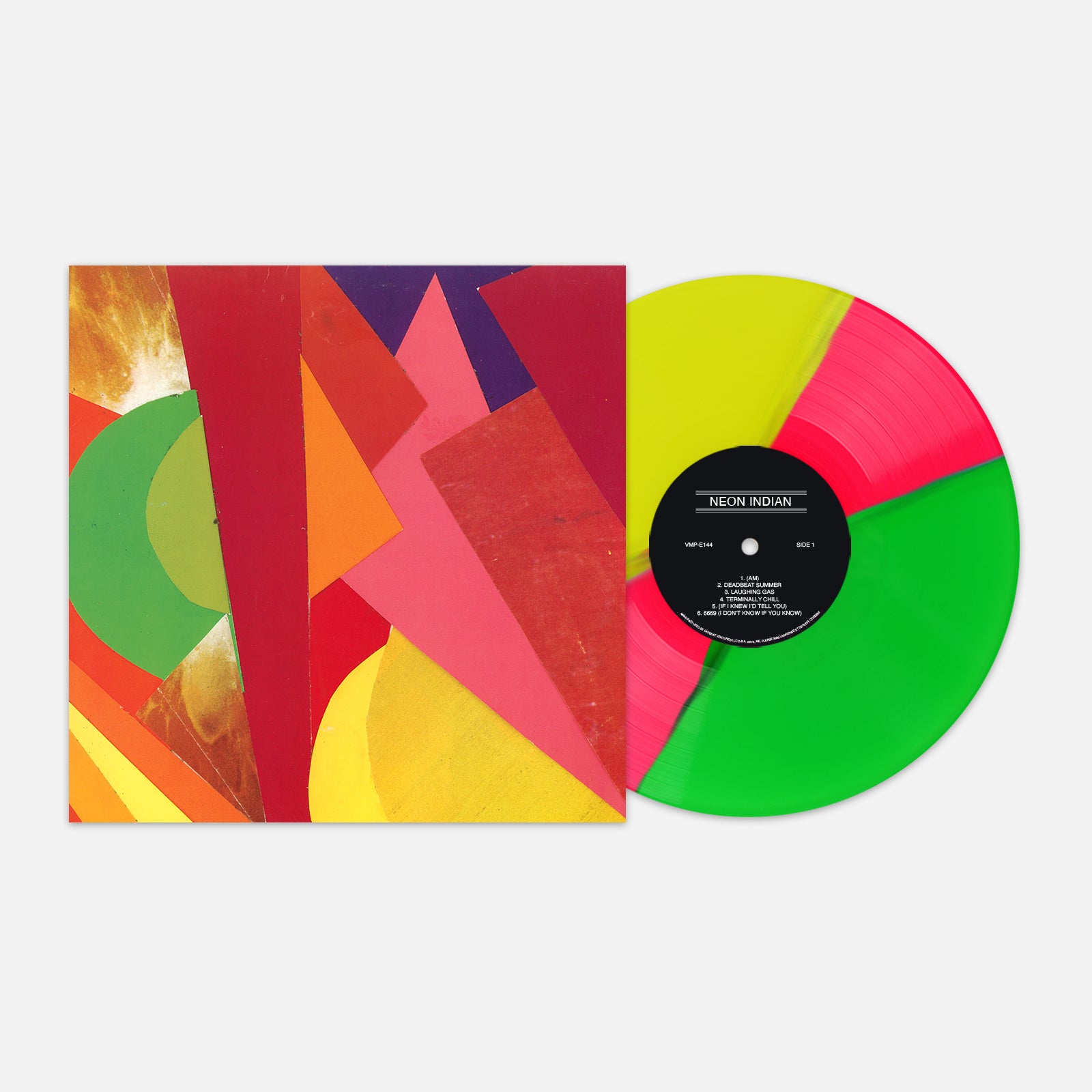Shop the Store
$499
Out Of Stock
$349
Out Of Stock
$280
Out Of Stock
VMP Exclusive Pressing
Your Vinyl Journey Starts Here – Discover Albums That Inspire!
Quality music. Delivered to your inbox.
Choose Your Track(s)
Change Tracks or Swap records each month - cancel anytime.
Choose as many Tracks as you’d like. Your 1st selection is your primary subscription,
and the others will be monthly add-ons.
Jazz, Blues, Funk and Soul
Reissues of classic Jazz, Blues, Funk and Soul albums the way they were meant to be heard in the first place
Essentials
These records–regardless of their genre–belong in every record collection
Hip-Hop
Any and every era, movement, region, style or country is included as we shine light on up-and-comers, and revitalize the genre’s building blocks
Country
From the start of Country in the Dust Bowl to the poppier moments of today, we’ll take you on a tour of all eras and styles of one of the oldest styles of music
Rock
From Little Richard to Heavy Metal, from Classic Rock to ‘90s alt and much more
Select your primary Track's term length
Unsupported Browser
Your web browser appears to be outdated. Our website may not look and function quite right in it.
Please consider updating your browser to enjoy an optimal experience.




























